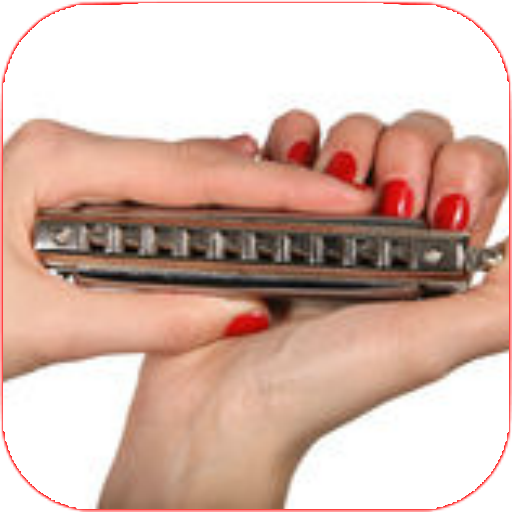
The harmonica is a small, versatile instrument used in all genres of music and in most cultures around the world. Although it can be taught at first sight, the harmonica is a very easy and fun instrument from the first notes. Read the steps below to discover how to play the harmonica
To begin
Choose a harmonica. There are different types of harmonicas in the trade, do not use and price variant. For now, buy either a diatonic harmonica or a chromatic harmonica. Each of them can be used to play the most popular tunes, such as blues or folk.
The diatonic harmonica is probably the most available and probably the cheapest. It is tuned to a particular range, which can not be changed. Most diatonic harmonics are tuned in C (C). Some types of diatonic harmonica are called harmonica blues, tremolo harmonica and octave harmonica.
In the western world, blues harmonica is common. In East Asia, the tremolo harmonica is the most common.
The chromatic harmonica uses a mechanism to choose the pants that emit a son. The basic 10-hole chromatic harmonica can only cover one octave (like the diatonic harmonica), but the chromatic 12-16 pant Chromatic is more expensive than most diatonic harmonics. A chromatic quality of a famous brand
Because of their flexibility, chromatic harmonicas of 12 holes or more are generally preferred in jazz.
Familiarize yourself with your harmonica. The harmonica is a wind instrument and metal reeds. The air you blow or suck through the pants is divided by the feet, which creates the tones. The reeds are mounted on a plate, called with straight slats, also designed in brass. The part of the harmonica on which the plate is called the comb, often made of plastic or metal. The mouth of the harmonica can be integrated in the treatment of chromatic harmonics. The hood covers the whole device and can be made of wood, metal or plastic.
The mouth of a chromatic harmonica is usually metallic.
Depending on your breath or your desire to cross your harmonica, different notes are produced thanks to the reeds. A basic diatonic harmonica tuned in fact (C) at expiration will be tuned to the floor (G) during inspiration. These games complement each other perfectly, each one fitting into each other without having to add extra trousers.
The reeds of your harmonica are fragile and wear out with time. Careful use and regular maintenance are necessary to maintain a proper son for as long as possible.
Learn to read tablatures. As for the guitar, you can play the harmonica by following the tablatures, which reduces the partitions to a system of pants and puffs easy to integrate. Tablatures are also very useful for larger chromatic harmonics because they are different and less common.
The breath is defined by arrows. A high arrow indicates an expiration, an arrow down.
Most pants of a diatonic harmonica use two "neighboring" notes on a given scale. Thus, one can play (C) following a problem of the same type.
Pants are marked with a number, starting from the most serious tone (on the left) and arriving at the highest tones. Thus, the two most serious notes are 1 (puffed) and 1 (sucked). On a 10-hole harmonica, the highest score is 10 (aspirated).
Some notes of a classic 10-slice harmonica overlap, including 2 (sucked) and 3 (puffed). This is necessary for a correct register and to be able to play scales.
More advanced techniques use slashes or other small marks. The slashes of inflections of the notes (we will see later) are necessary to reach the desired ton. The chevrons or slashes on the chromatic tablature can also indicate if the mouthpiece should not be moved.
There is no standard spreadsheet that would be used by all harmonica players. Nevertheless, once you are used to reading a type, most other types quickly make sense to you.